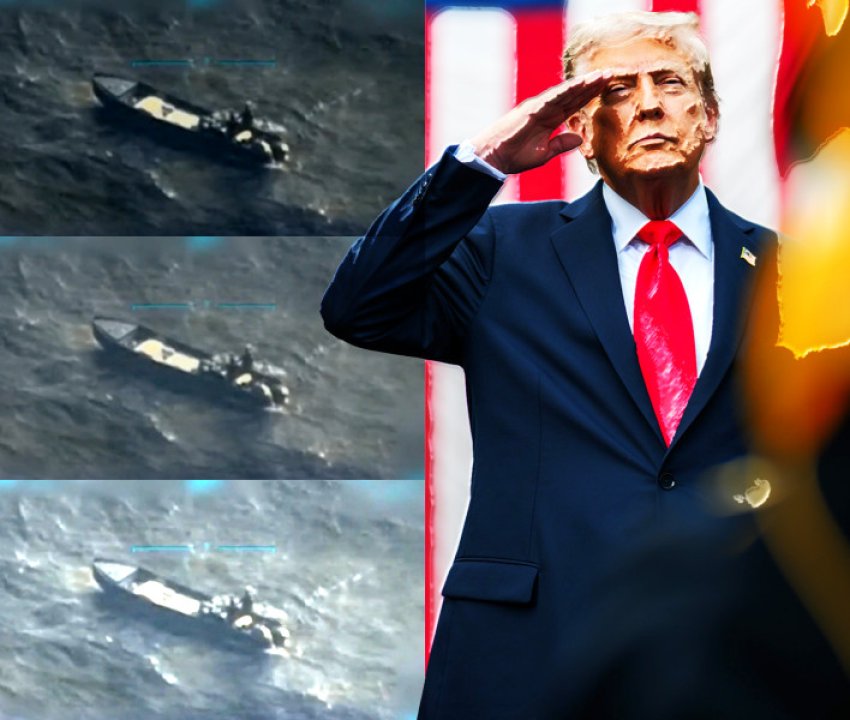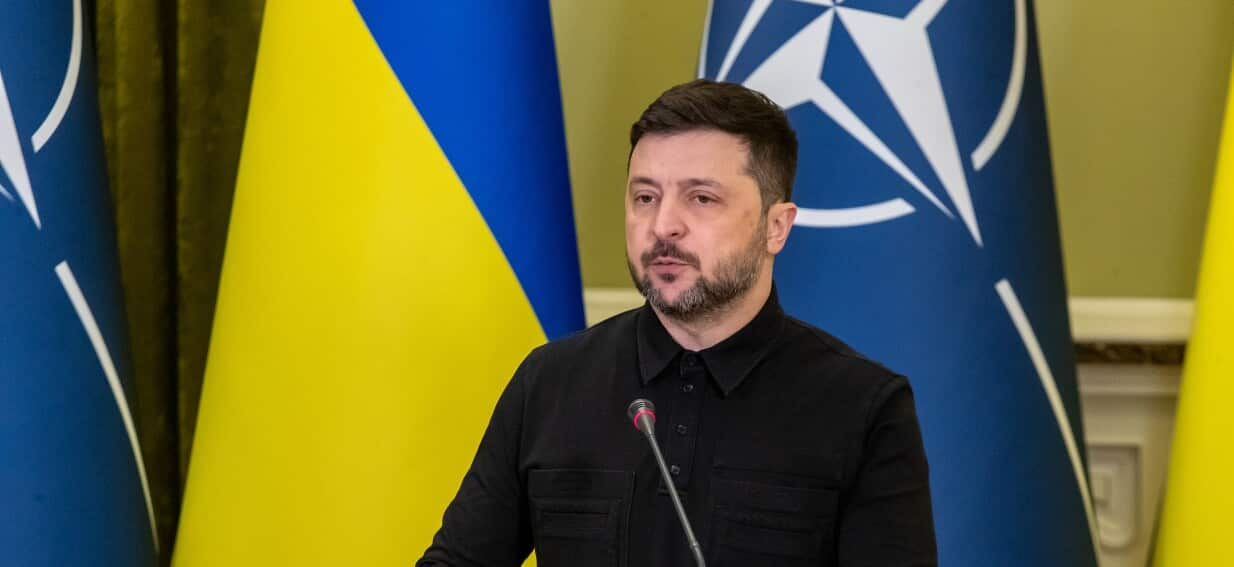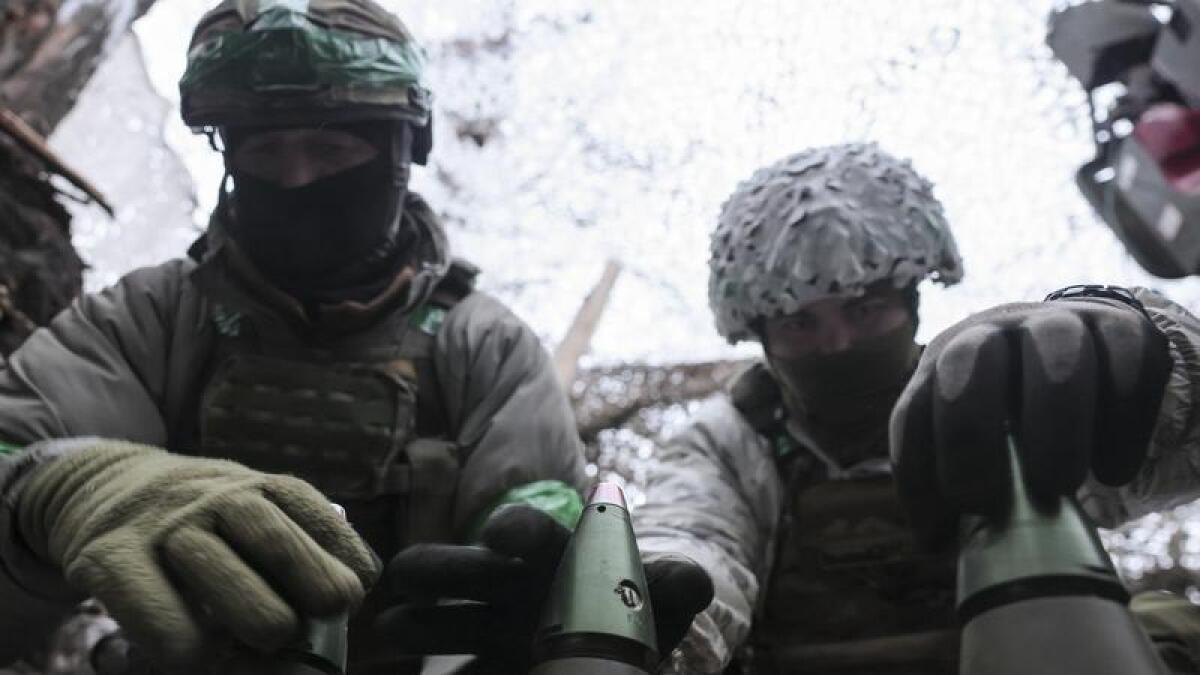
The deployment of United States military assets in the Caribbean has escalated tensions in the region, with nine warships stationed there since mid-August and five F-35 fighter jets arriving in Puerto Rico on September 13, 2023. This military operation, claimed to be aimed at combating drug trafficking, has resulted in missile strikes on two vessels suspected of drug transport, raising significant international concerns regarding the United States’ adherence to international law.
Recent strikes on September 2 and September 15 resulted in the deaths of 11 and three individuals, respectively. Following the second strike, President Donald Trump announced that a third vessel had been “knocked off,” but provided no further details. The lack of transparency surrounding these military actions has prompted scrutiny, with no information released about the military assets involved or the specific locations of the attacks, aside from claims that they occurred in international waters.
On September 13, a U.S. military raid on the Venezuelan tuna boat Carmen Rosa further complicated the situation. Eighteen armed U.S. personnel held the crew hostage for approximately eight hours before releasing them without any allegations of wrongdoing. This operation took place within Venezuelan waters, highlighting potential violations of the country’s sovereignty.
Implications of U.S. Military Actions
These military actions represent a dangerous precedent, as outlined by Federico Fuentes, a long-time solidarity activist and writer on Venezuelan issues. The U.S. government’s approach is seen as a direct challenge to international norms, demonstrating a willingness to execute civilians without due process. U.S. Secretary of State Marco Rubio has made statements indicating that the U.S. will continue to take such decisive actions, emphasizing military might over diplomacy.
Fuentes argues that the U.S. strategy appears disconnected from its stated goal of combating drug trafficking. Effective drug enforcement would involve capturing suspects and conducting thorough investigations rather than executing individuals without trial. The strikes seem to serve a dual purpose: to assert U.S. military dominance in the region and to redefine the rules of engagement in international relations.
Despite the aggressive posturing, Fuentes notes that a full-scale invasion of Venezuela is unlikely. Trump himself has downplayed the idea of regime change, indicating that the U.S. aims to achieve its objectives through diplomatic channels, as evidenced by ongoing negotiations and the return of deported immigrants to Venezuela on September 17, 2023.
Call for a Unified Response
In light of these developments, a robust and united international response is critical. Colombian President Gustavo Petro has been advocating for an emergency regional summit to address the U.S. military presence and its implications. Petro’s government has responded to U.S. criticisms by halting arms purchases from the U.S., emphasizing the need for regional unity against foreign intervention.
A collective stance against U.S. actions, irrespective of political affiliations, is essential. This includes support from both the Maduro government and critics of its policies. As Petro stated, “A divided people is easy to invade,” underscoring the importance of solidarity among nations in the face of unilateral military actions.
History has shown that U.S. interventions often exacerbate conflicts rather than resolve them. The current military operations in the Caribbean illustrate a concerning trend of disregarding international laws and norms, setting a precedent that could have far-reaching consequences for regional stability.
The situation demands vigilance and cooperation among countries to ensure that sovereignty and international law are respected, preventing further escalation of tensions in the Caribbean and beyond.







